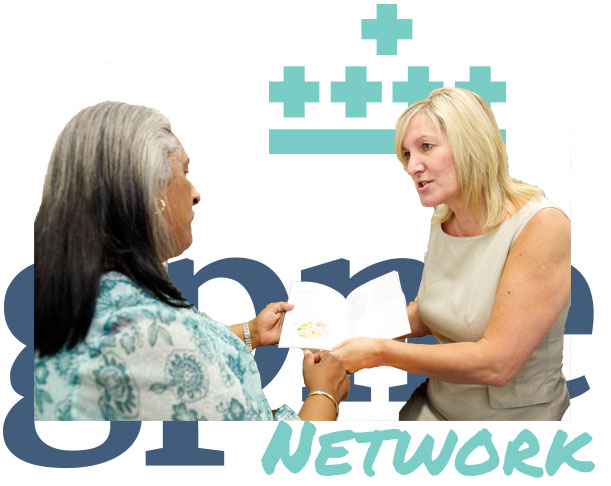Early Career
What is a General Practice Nurse (GPN)?
A General Practice Nurse is a registered nurse who works autonomously within a Multidisciplinary Team (MDT) within General Practice (GP) surgeries as part of a Primary Healthcare Team and is usually employed by the General Practitioners.
